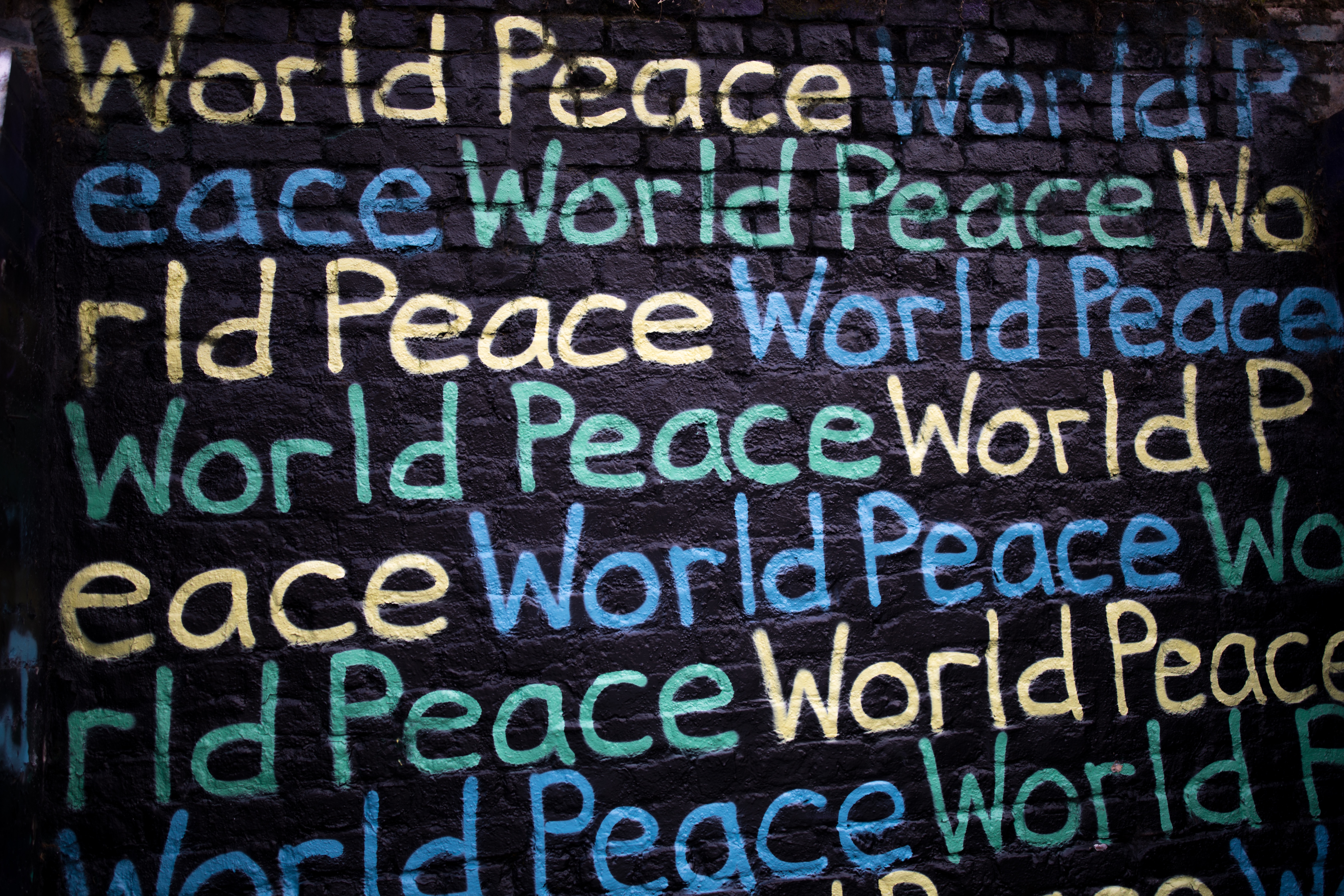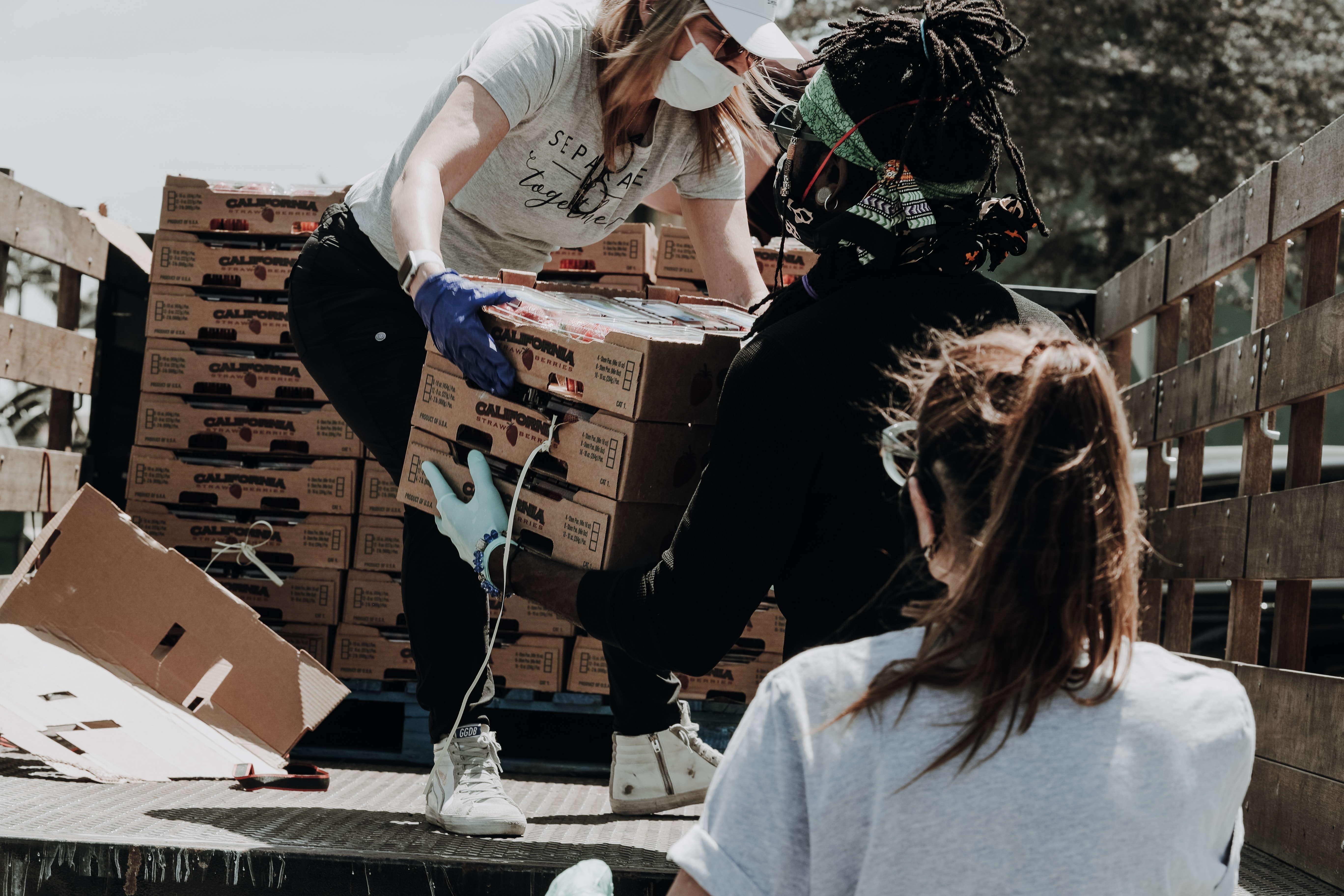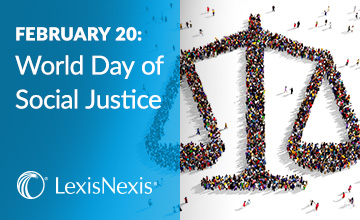Social justice is an underlying principle for peaceful and prosperous coexistence within and among nations. The concept of social justice advocates for equal access to wealth, opportunities, and privileges within a society. It underscores the progressive march towards a world where the barriers that people face because of gender, age, race, ethnicity, religion, culture, or disability are dismantled. Its intrinsic relationship with the Sustainable Development Goals (SDGs) is anchored in the shared vision of a better world, as espoused in the United Nations' 2030 Agenda for Sustainable Development. The SDGs are a call for action to end poverty, protect the planet, and ensure that all people enjoy peace and prosperity. These 17 interlinked goals recognize that strategies to improve health and education, reduce inequality, and spur economic growth must go hand-in-hand with tackling climate change and working to preserve our oceans and forests.
Social justice permeates each SDG, insisting that no goal can be met without meeting the needs of the most vulnerable and marginalized populations. For example, SDG 1, "No Poverty," is deeply rooted in the ethos of social justice, emphasizing the right of all individuals to lead a life with dignity and without poverty's crushing burden. SDG 5's focus on gender equality is a clear mandate for social justice, addressing structural inequalities that women and girls face. Social justice also informs SDG 10, which focuses on reducing inequality within and among countries, encapsulating the essence of a fair global economic system. Furthermore, by recognizing the multifaceted nature of deprivation that goes beyond the economic to include lack of access to justice, education, and health services, social justice becomes the multifiber thread interwoven through the fabric of the SDGs.
The indivisibility of the SDGs mirrors the breadth of social justice, and their achievement relies on ensuring that social justice is not an abstract ideal but a lived reality for all. The synergistic relationship between social justice and the SDGs requires policies that encapsulate the principles of equity, participation, and rights. In doing so, it necessitates the dismantling of systemic barriers to justice, fostering inclusive growth, and building accountable institutions. As the world grapples with unprecedented challenges like the COVID-19 pandemic, climate change, and political instability, the role of social justice in shaping responses and recovery efforts becomes even more prominent. It offers a blueprint for inclusive and sustainable solutions that uphold human dignity, demonstrating that the SDGs are not just aspirational targets, but also imperatives for a just world. By addressing the systemic injustices that perpetuate inequality, social justice serves as the lynchpin in the wheel of sustainable development, catalyzing the transformation of societies to be more inclusive, equitable, and resilient in the face of current and future challenges.
International Day of Peace 2026: Advancing Peace Through the SDGs
Observed on Sunday, September 21, 2026, the International Day of Peace commemorates the founding ideals of the United Nations: to promote peace, end conflict, and foster global cooperation. Each year on this day, individuals and nations are reminded of the importance of building a world free from violence and inequality.
In an increasingly interconnected world, acts of charity and kindness have profound ramifications that echo beyond borders. Celebrated annually on the 5th of September, the International Day of Charity embodies this spirit. It's a day to rally communities, NGOs, and stakeholders across the globe to amplify the role of charity in building strong, inclusive societies.
I. The Profound Impact of Charity in the Global Landscape
Objectives: To synthesize literature about teaching social justice to nursing students and identify approaches for effective teaching of social justice issues in nursing education. Design: An integrative review. Data sources: Literature was searched in CINAHL, PubMed, Scopus, Science Direct, and OVID databases. In total, 32 articles were assessed for full-text eligibility, and 18 articles published from January 2011 until August 2021 were critically appraised and reviewed. Review methods: Articles were appraised using Mixed Methods Appraisal Tool.
LexisNexis Australia has created a free legal resource to assist those working on pro bono cases and social justice issues. It provides practical information on charities, federal discrimination law matters, human trafficking cases and applying for humanitarian immigration into Australia for victims of human trafficking. This free guidance supports target 8.7 and the eradication of forced labour, modern slavery and human trafficking, as well as SDG 16.3 and access to justice.



